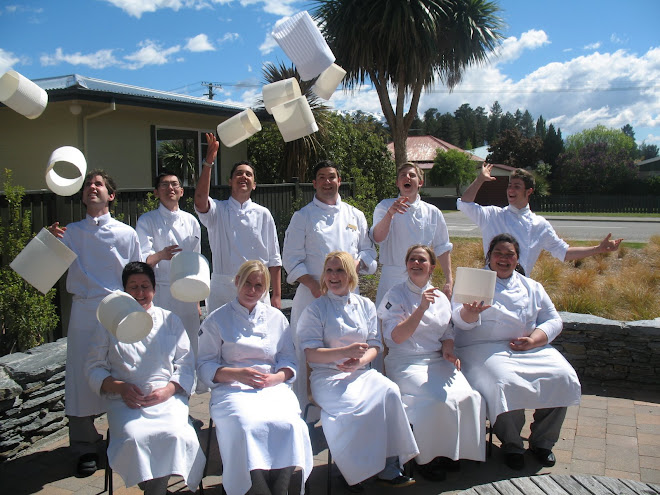
The European Journal of Open and Distance Learning (EURODL) article by Zondiros, Dimitris (2008) on Online, distance education and globalisation: Its impact on educational access, inequality and exclusion spells it out for me.
- "Access" means finding ways of 'bypassing' barriers to learning (DfES, 2002). There are many characteristics that can be considered as barriers (or structural features) to learning or education: income, gender, race, ethnicity, power, status, age, religion, physical or mental disability or any other characteristic.
- Levitas et al (2007) define social exclusion as "a complex and multi-dimensional process. It involves the lack or denial of resources, rights, goods and services, and the inability to participate in the normal relationships and activities, available to the majority of people in a society, whether in economic, social, cultural or political arenas.
- "inequality of opportunity" which is the lack or limited access to important social institutions (with education among the most important ones),
- "inequality of condition" which means that some people are disadvantaged from the outset because of one or more of the above mentioned structural features / circumstances into which they are born, and
- "inequality of outcome" which means that whatever the circumstances contributing to inequality, people end up unequal because there is insufficient compensation to remove the effects causing inequality in society. On the reverse, equality of outcome means that everyone should end up equal regardless of his or her particular circumstances
What does all this mean for Otago Polytechnic & to me.
After listening to Pam McBride's from "The Disabilities unit "recording basically it means we make our courses fair & accessible to all, regardless of circumstance. As she said thou, costs, grants & mandates can prevent us from meeting all our obligations & intentions in this quest.
For myself & my journey to provide more flexible learning, I need to insure that I can incorporate where possible techniques that can break down barriers to some people in our community. I could get digital media translated to other languages to reach new imigrants ?, ensure any media posted be it online or hard copy, is easy to read ie Larger font for people with limited sight,Braille, voice recognition or even just ensuring that we have a support person available for reader/writers. E-learning/distance learning in itself can be more than enough for people dissadvantaged by location.


1 comment:
Chef
you have written some important points about access and equity in this post. It is heartening to see that you found the Disabilities Service presentation by Pam McBride informative. And mention ways in which you can assist your students to gain access to eLearning.
For example, organise for translation of digital media into other languages, particularly important for students who have recently arrived in New Zealand.
Open platforms are a great facility for developing materials with language translation. For example, Wikipedia, Wikiversity, Wikibooks and WikiEducator all provide this service to varyng degrees. Check out the sites to see the range of languages that are available including the multilingual hub on Wikiversity. Plus the wiki platform provides a dynamic space for you to keep your material current.
It takes a lot of experience and time for people to really understand the costs of social exclusion. And we are guilty of this all the time, often inadvertently.
Post a Comment